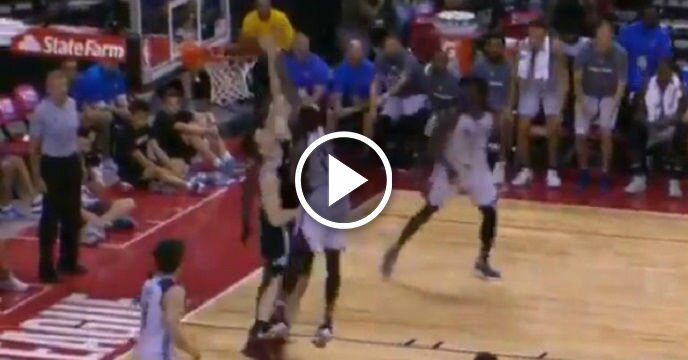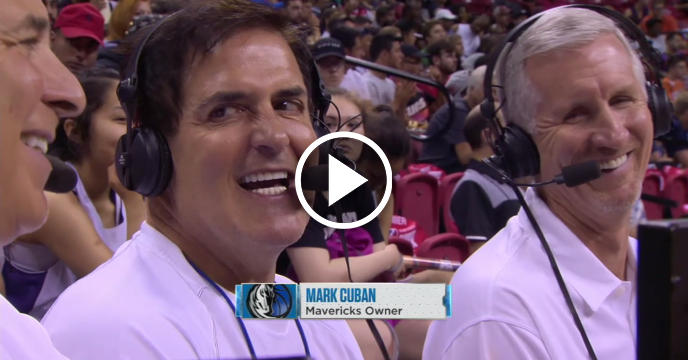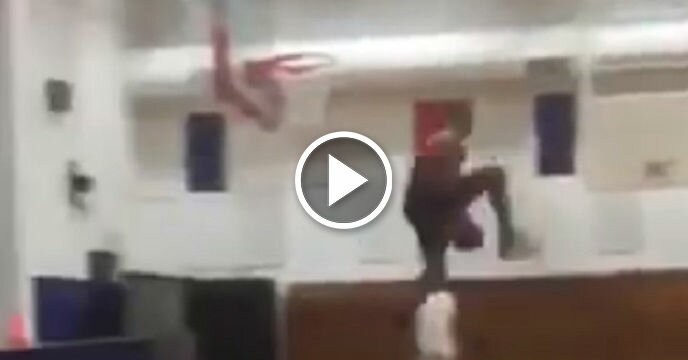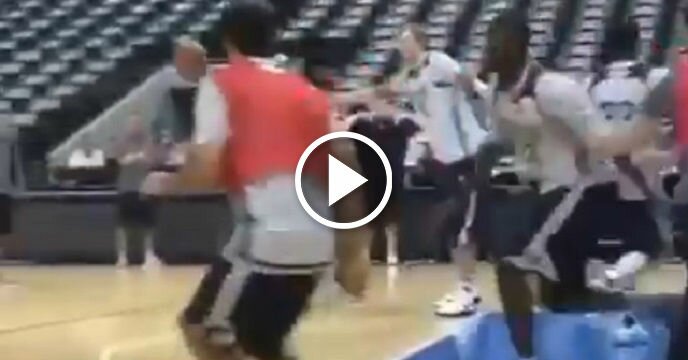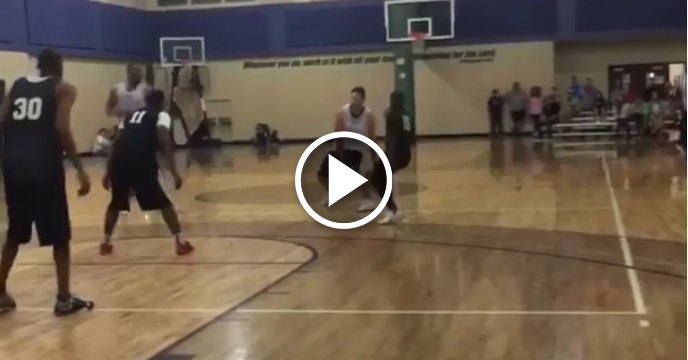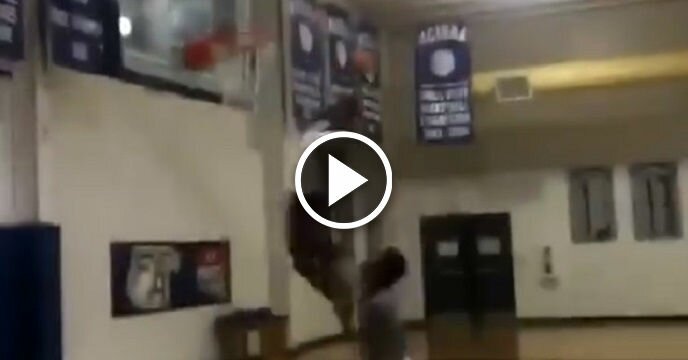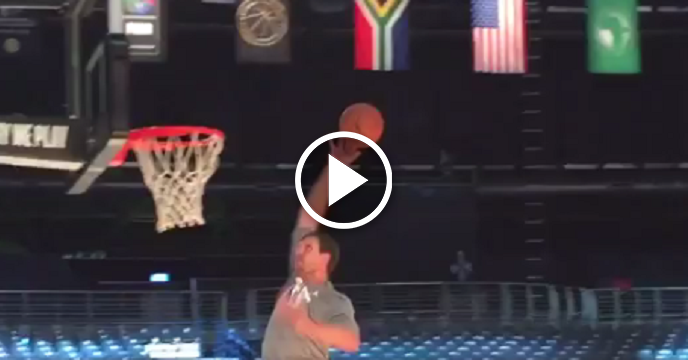
The Dallas Mavericks went into the offseason with a significant amount of cap room for the second straight year. Unfortunately, it’s no secret that they whiffed on their high-priority free agent targets, Deron Williams last year and Dwight Howard this year. After two years of swings and misses, it’s time to declare their plan a failure.
The plan infamously went into motion when the Mavericks let key members of their championship team enter free agency, most notably center Tyson Chandler and guard J.J. Barrea, in order to clear cap room for some big-name upcoming free agents. Many Mavericks fans still debate over if Dallas should have made a stronger effort to keep their players.
Whether or not letting the players walk away was the right move at the time, even the most optimistic of fans would have trouble making the case that the plan was successful.
It’s easy to look back now and say that the plan was flawed from the start, but that isn’t necessarily true. At the time, the Mavericks’ front office had an understanding of the recently signed CBA, and predicted that it would be harder to shed undesired player contracts in the future.
That logic made sense at the time due to the more restrictive rules which put a premium on cap space, but some teams continued to show a willingness to take on contracts that are widely recognized to be bad. Just this offseason, the Golden State Warriors were able to shed the horrendous contracts of Andris Biedrins, Brandon Rush and Richard Jefferson to the Utah Jazz.
This was exactly the type of move that the Mavericks were convinced would be more difficult going forward, and yet the Warriors were able to clear enough room to sign marquee free agent Andre Iguodala. Moves such as this make it seem likely that the Mavericks would have been able to re-sign their players and then move them as needed, had they convinced one of the big-name free agents to come to Dallas.
After signing Monta Ellis, Jose Calderon and others, it’s clear now that the Mavericks have decided to take a different approach to managing the roster. Almost all of the players signed this year are locked in to long-term contracts, meaning that the Mavericks will not have massive cap space for the first time in two years.
Throughout the 12 straight years that the Mavericks won 50-plus games, they were over the cap. The way that they improved their roster through that era was through stockpiling assets and making trades to improve. Getting back to that winning formula is key to the Mavericks’ success moving forward.
At the end of this journey, the main result is that Dallas essentially wasted at least two years. By backing off on the original cap room plan, they proved the old adage: the more things change, the more they stay the same. But even if the Mavericks didn’t significantly improve, at least they are getting back to running a team the way that made them a powerhouse to begin with.
 Share
Share 

